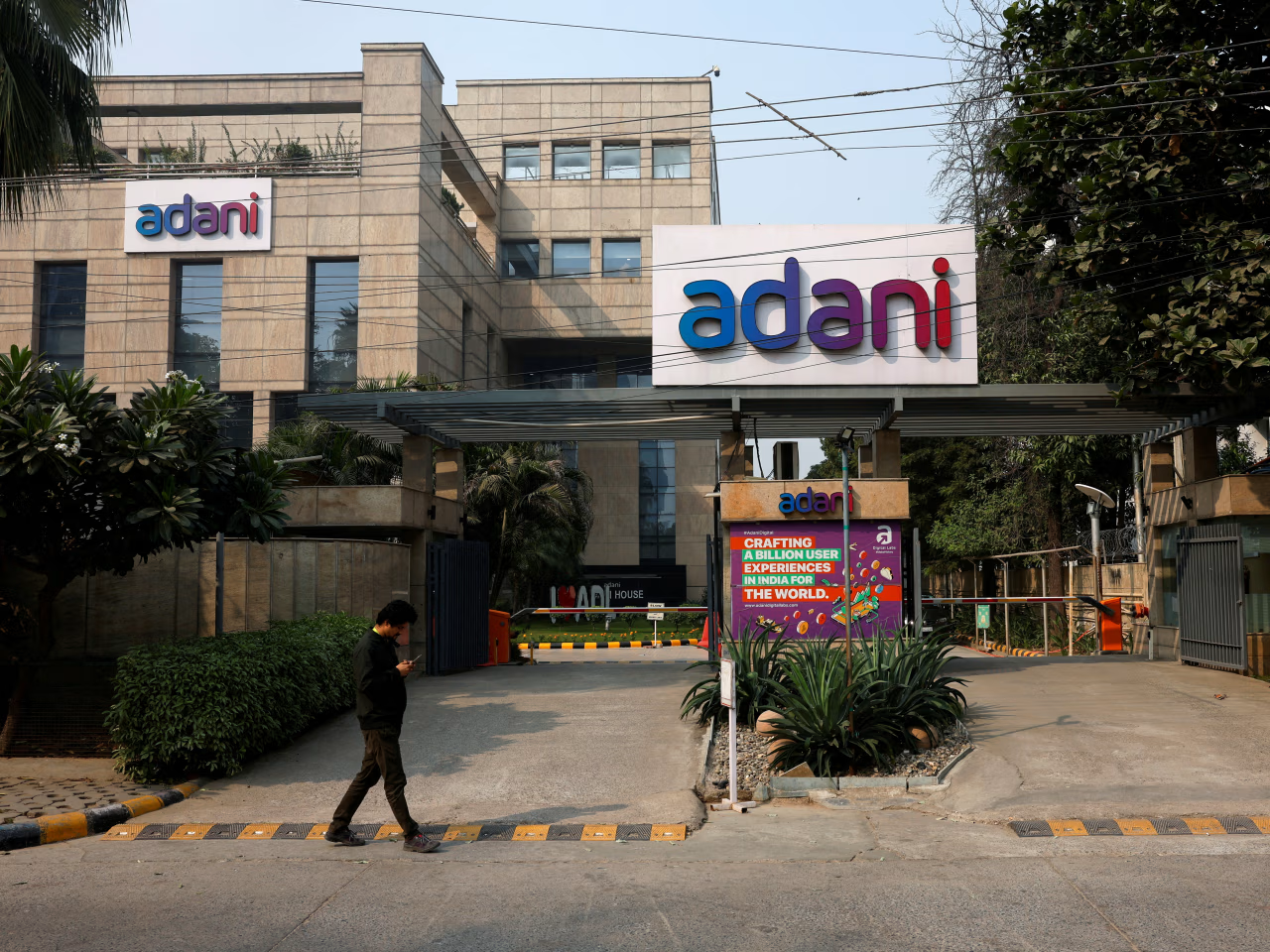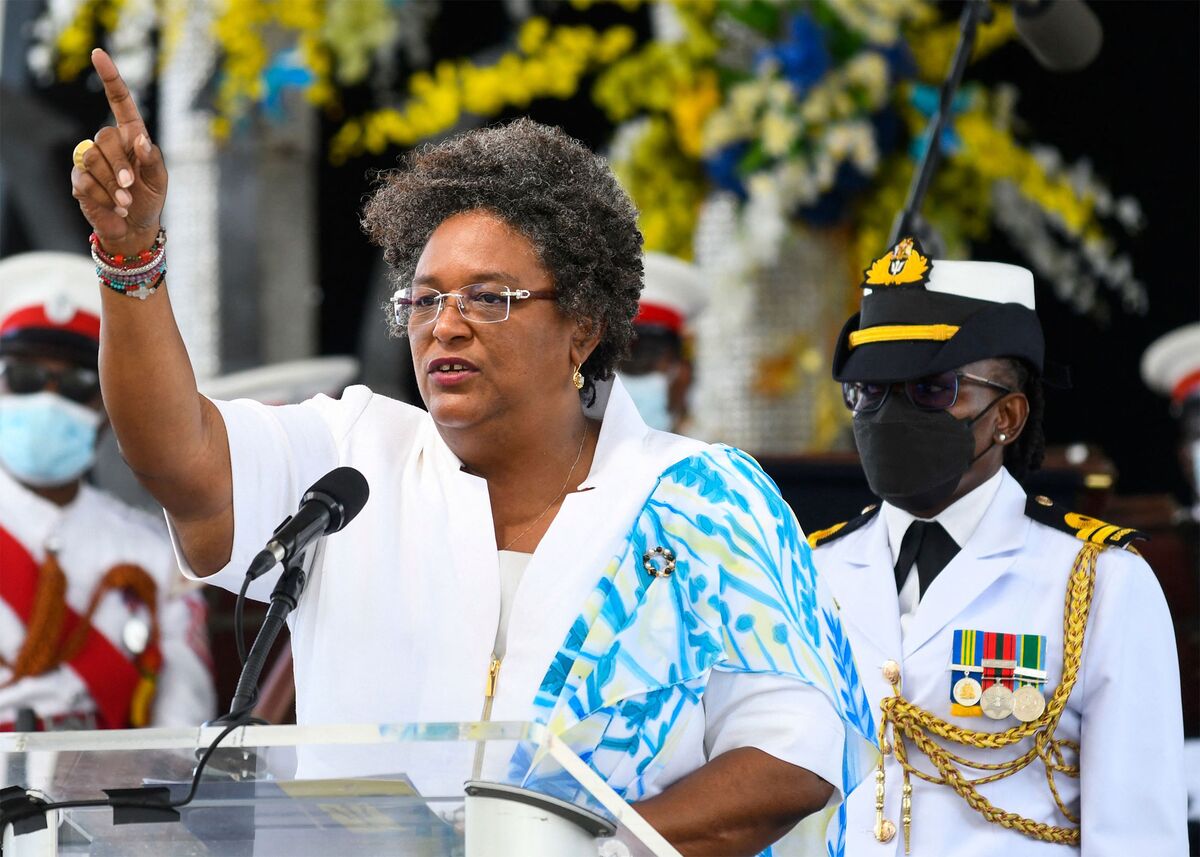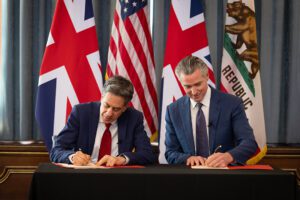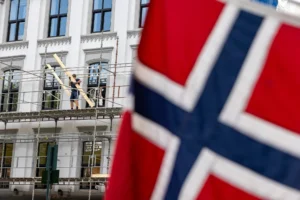- Live production timelines and tour logistics identified as major emissions drivers due to last-minute shipping choices.
- Artists and production crews urged to share responsibility for sustainability, beyond just performative activism.
- K-Pop fans launch global youth-led campaign for greener practices, with over 880,000 petition signatures.
Summit Spotlights Urgency and Opportunity for Music’s Climate Role
The Music Sustainability Alliance hosted its second annual Music Sustainability Summit on April 15 in Los Angeles, convening hundreds of industry professionals committed to cutting emissions across the live event and recording ecosystem.
“Sustainability is good for the planet and it’s good for business, and it’s being led by the people in this room,” said Amy Morrison, MSA CEO and co-founder. “But we’re not done. There’s still more to learn, more to share and more to do.”
Strategic Planning Beats Rushed Logistics
One of the summit’s key messages: sustainability starts with planning. “It’s the timeline that kills us,” said Mickey Curbishley, President of Live Productions at Solotech. “When everything gets put to the last minute… we end up air-freighting instead of sea-freighting. It’s very expensive—not only financially, but for the planet.”
Curbishley detailed how poor planning leads to higher emissions and ticket costs. Shipping gear by sea costs $15,000, while flying it costs $1.5 million and produces 2.5 times more emissions.
Artists Must Lead—and So Should Production Teams
Singer and activist Antonique Smith opened the event with a live performance, followed by a powerful keynote from Reverend Lennox Yearwood Jr., who challenged artists to go beyond symbolic activism. “Not only will it make you a better artist, but you will transform yourself by being with the people and feeling the crisis,” he said.
Maggie Baird, founder of Support + Feed and mother of Billie Eilish, underscored the need for structural accountability: “It should not be on an artist for people to be watching the carbon footprint… That’s on those people. If you’re a production manager, that’s your job.”
Waste Management Reimagined
AEG’s Erik Distler highlighted the waste-sorting team at Crypto.com Arena and California’s new composting law. Meanwhile, Donna Westmoreland of I.M.P. said fan behavior varies by genre, noting, “The drunker the customer, the less likely they’re going to do it.”
Distler emphasized artist leverage, noting that “Artists can make demands,” citing Jack Johnson’s insistence on sustainable practices as a condition for performing.
Merch and Materials Matter
In a panel on merchandise, Roboro CEO Jillian Clark described working with Chappell Roan to upgrade her popular “Midwest Princess” trucker hat to a more sustainable material blend. “She didn’t want to just be asking her fans for something… She didn’t want to be putting more ‘brandfill’ out into the world,” said Clark.
Future merch plans include vintage apparel booths at concerts in partnership with Beyond Retro.
Weather Risks Are Shaping Tour Routes
Extreme weather is now a key consideration in live music planning. “When it comes to weather, you want to bind coverage well before hurricane season,” said DeMille Halliburton of EPIC Entertainment. Promoters are increasingly avoiding high-risk regions during fire and hurricane seasons to secure better insurance rates.
Youth Drive Change in K-Pop Industry
Eighteen-year-old Nayeon Kim closed the summit by spotlighting KPOP 4 PLANET, a campaign mobilizing young fans to demand transparency and sustainability in K-pop. The initiative advocates for renewable energy adoption by DSPs and ending wasteful album promotions. Over 880,000 fans have signed petitions to date.

 Follow SDG News on LinkedIn
Follow SDG News on LinkedIn











